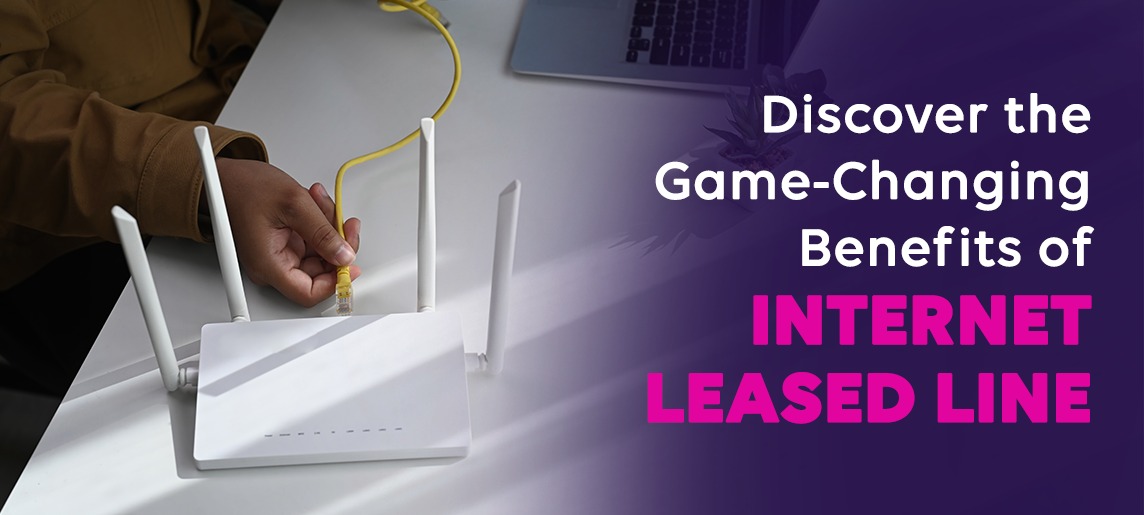Nowadays, many people are using Wi-Fi with a broadband connection; thus, there are chances that they consider Wi-Fi and broadband are the same. But actually, they are not the same. Wi-Fi and broadband are completely different from one another even though they are used for getting internet connection for certain devices like mobiles, computers, etc.
There are many differences between Wi-Fi and broadband connection regarding its purpose of usage, how it helps you in getting internet connection, internet speed, security, etc. Even though Wi-Fi and broadband are different, both of them are better in their way.
Is Wi-Fi and Broadband Connection the Same?
No, Wi-Fi and broadband connection are not the same and have a lot of differences in their properties and features.
Wi-Fi Connection
- Wi-Fi: Wireless Fidelity is a technology that uses radio frequencies and signals to send and receive information wirelessly. It is the wireless genie that lights up your entertainment, shopping, and education needs. In a Wi-Fi connection, you will be able to receive a wireless internet connection for a certain distance based on the network type. It is a part of wireless network protocols used in LAN that allows a certain number of nearby devices to get an internet connection. All Wi-Fi connections have the same two frequency bands, 2.4GHz and 5 GHz (based on the area of coverage and the network speed).
How Does Wi-Fi Work?
As mentioned earlier, Wi-Fi uses radio signals to send and receive data. A Wi-Fi connection setup mainly involves a router and antenna that are used for transferring data wirelessly.
Other devices like mobiles, TV, or laptop can connect to these wireless Access points, and it will send a request to the router and the modem for accessing the internet. The modem then sends the response to the router and reaches the device wirelessly.
Generally speaking, a Wi-Fi connection provides internet for a certain distance around it, and all the devices in that range will be able to recognize it. Then it can simply connect to the network and access the internet.
Broadband Connection
The broadband connection usually provides an internet connection through a telephone line. It is a completely wired internet connection wherein the service providers transmit data signals through wires.
How Does Broadband Work?
In broadband connection, ethernet cables or wires can be used to connect a device so that it can get internet access. Broadband uses different types of wires for transmitting data like copper phone wires for cable internet, fiber-optic cables for Broadband fiber connection, etc.
Differences Between Wi-Fi and Broadband Connection:
- Connection Type: To connect to a Wi-Fi network, you do not need any other equipment, and it provides an internet connection wirelessly. In contrast, a broadband connection requires coaxial cable, copper, wires, or fiber-optic cables to transfer data to the devices. On the other hand, one can also use a Wi-Fi router with broadband to get high-speed internet via a wireless broadband connection.
- Internet Speed and Stability: Both Wi-Fi and broadband offer high-speed internet, but while using a Wi-Fi network, there are chances that the network speed might get reduced sometimes. It will not provide a stable internet connection as it is a wireless connection. With broadband, there are no such problems, and it offers a steady high-speed internet connection without fail.
- Types of Connection Technologies: The four major Wi-Fi technologies are 802.11a, 802.11b, 802.11g, and 802.11n, and the four major forms of broadband connection are DSL, cable, fiber optic, and satellite.
- Comfort and Suitability for Every Situation: While considering the comfortability of using the internet, a Wi-Fi connection holds the upper hand. Broadband connection mostly requires ethernet cables or wires to provide an internet connection to other devices, and it can be a hard task for those people who are on another floor (if the broadband is set up on the down floor, a wire has to be extended to the top floor). Imagine reams of wires dangling at all random places! a such wired connection will serve no purpose for mobile users too. A Wi-Fi network will be ideal here. It offers wireless internet connectivity for a particular range (even for people on the top floors of a house) so that you can use it comfortably.
- Security from Data Theft: Data theft has also become a serious issue these days, and those people using Wi-Fi internet connections are affected the most. Since it is a wireless connection, outsiders (nearby) can also access it (even by cracking the password). Broadband connection requires a physical connection; thus, it avoids data theft.
- Cost of Internet Connection: Broadband connections are much cheaper when compared with Wi-Fi internet connections.
Summing Up
Wi-Fi and broadband are used interchangeably on different occasions; thus, many people get confused, thinking whether both are the same. This article will surely provide a complete idea to help them understand that they are not the same. A list of differences between Wi-Fi and broadband connection is provided here.
There are several variations between Wi-Fi and broadband in terms of usage, internet speed, security, etc. Both Wi-Fi and broadband offer high-speed internet, but there are variations. Broadband uses copper phone wires for cable internet, fiber-optic cables for Broadband fiber, etc. to deliver data. In contrast, Wi-Fi uses radio waves to broadcast and receive data wirelessly.
To Know about the best and most affordable unlimited high-speed broadband plans, click here.





 By Rahul Nambiar | 27th March 2024
By Rahul Nambiar | 27th March 2024

 By Rahul Nambiar | 19th March 2024
By Rahul Nambiar | 19th March 2024
 By Rahul Nambiar | 30th January 2024
By Rahul Nambiar | 30th January 2024